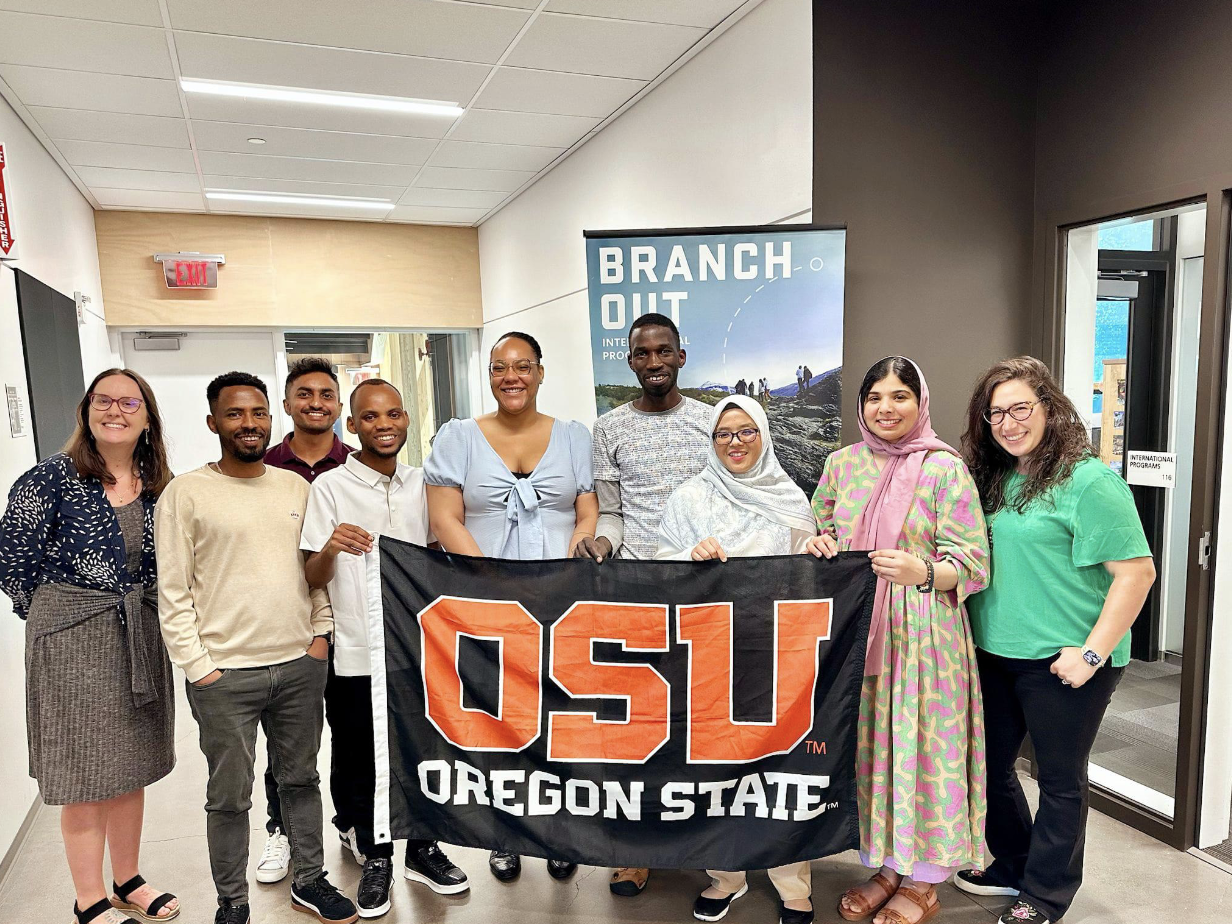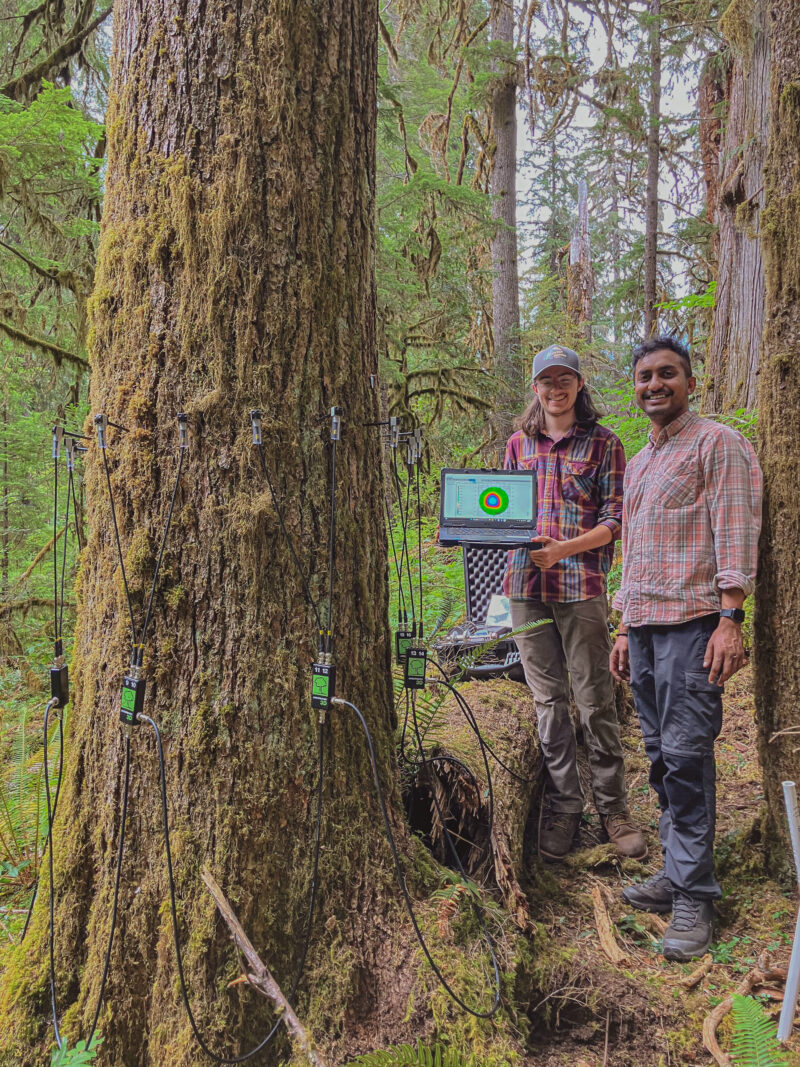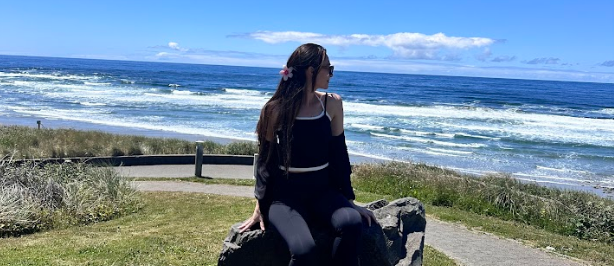Hear from one of our Branching Borders interns, Afifa Zahid, as she shares about her experiences in the College of Forestry during Summer 2025!
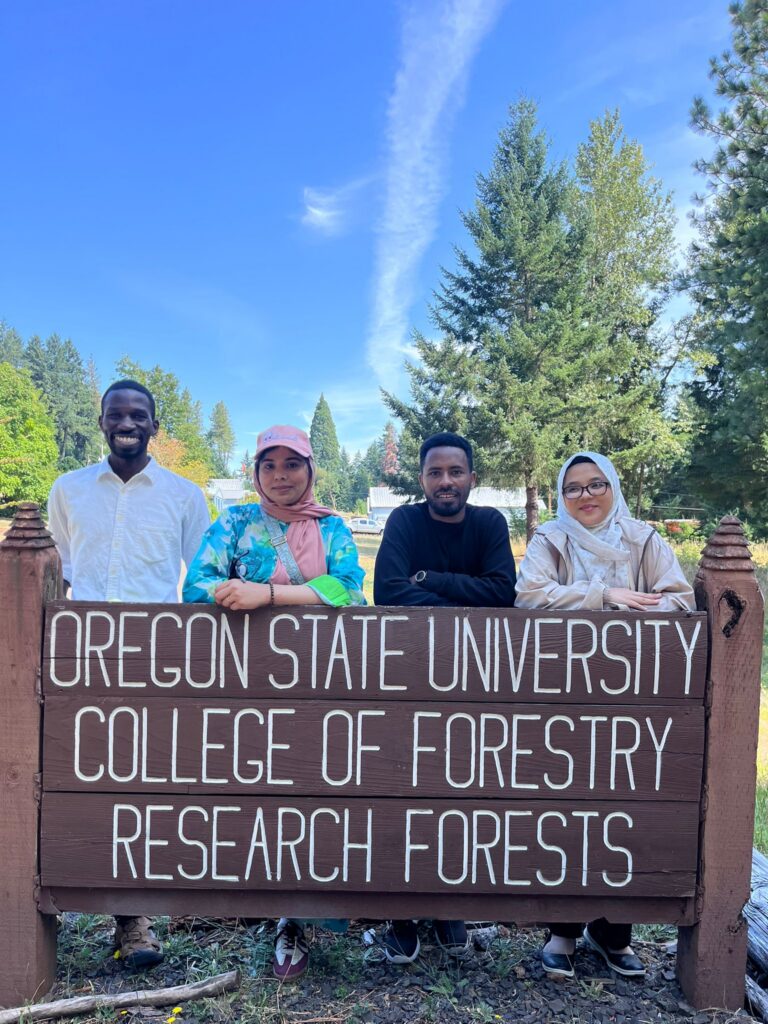
What is your name and where are you from?
My name is Afifa Zahid, and I am originally from Pakistan. A country blessed with diverse forest landscapes from the alpine conifers of the Himalayas to the subtropical pine and temperate forests of the north, through the irrigated and riverain forests in the south, and down to the coastal mangroves the Arabian sea, Pakistan’s landscapes also host widespread agroforestry systems that integrate trees into farmlands. I grew up in a region where green spaces were limited and every tree felt important. That early appreciation for nature sparked my passion for forestry and set me on a journey across continents to study how forests can be restored and sustainably managed. Ziarat Juniper Forest in Balochistan, Pakistan he second-largest juniper forest in the world, home to ancient trees over a thousand years old.
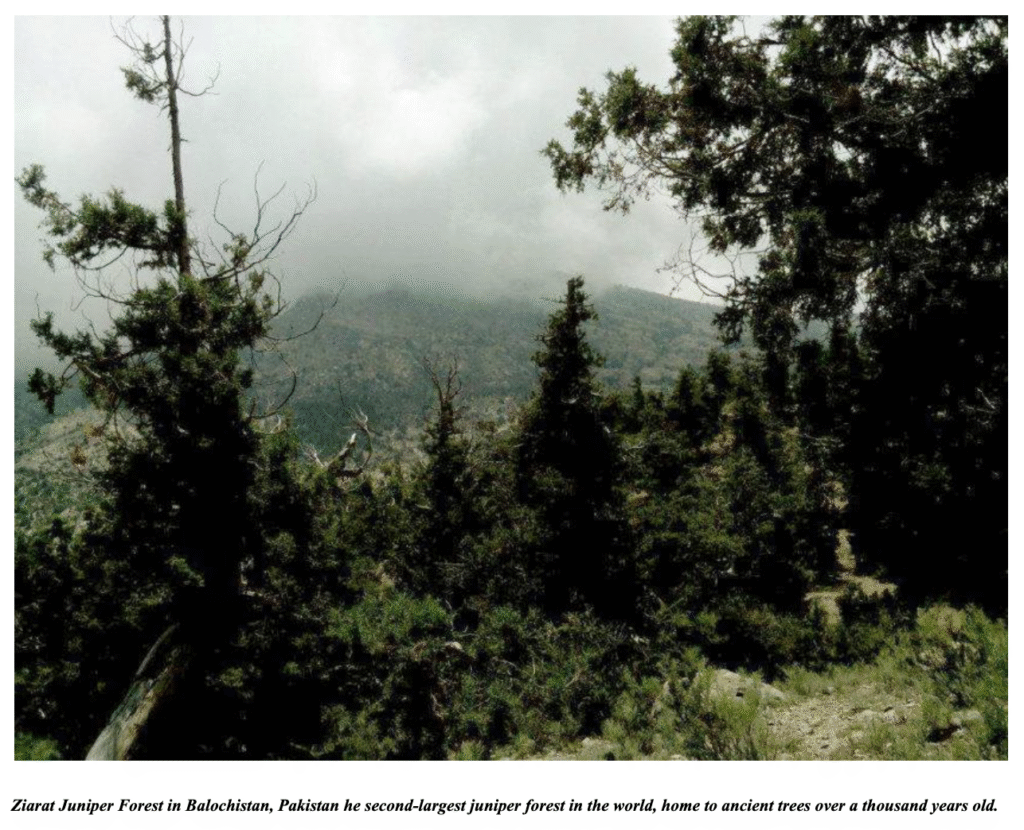
What do you study at your home university?
I am pursuing a Master’s degree in Mediterranean Forestry and Natural Resources Management (MEDfOR) through the Erasmus Mundus program. My academic mobility includes the University of Padova (Italy), University of Lleida (Spain), and University of Valladolid (Spain). My studies focus on forest ecology, fire ecology, and sustainable forest management.
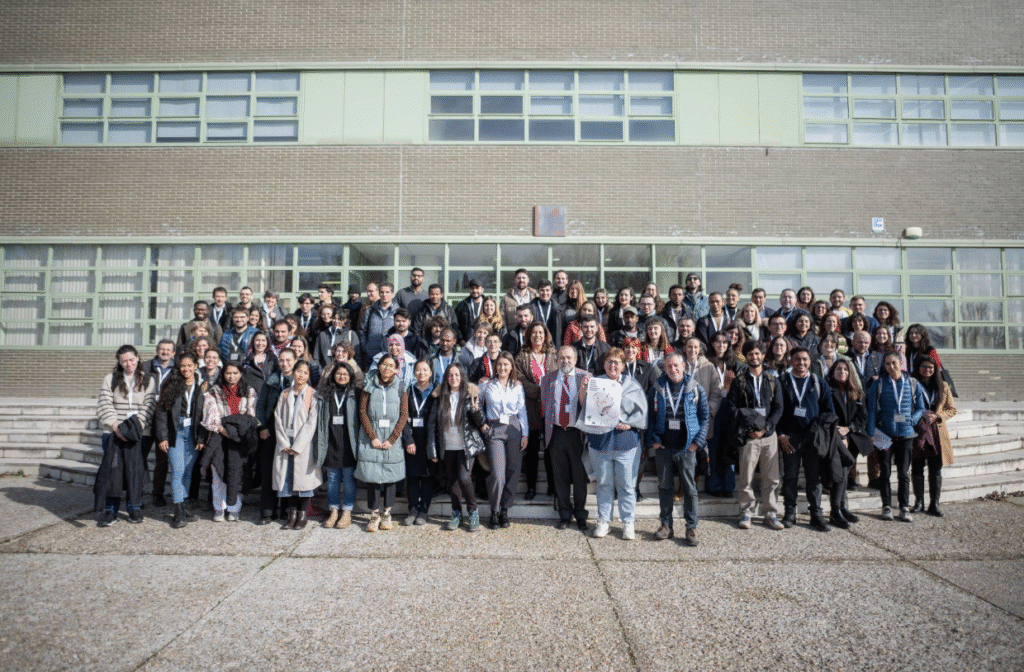
Who is your faculty mentor and what research topics do you focus on?
My faculty mentor is Professor Woodam Chung from the Forest Engineering, Resources & Management (FERM) Department at Oregon State University. With him, I have worked on wood quality assessment, wood scanning, knot detection, forest plot data collection, and soil sampling.
How did you hear about our Branching Borders program and what made you decide to apply?
I learned about the Branching Borders program through the MEDfOR network. I applied because it matched my academic focus. I wanted hands-on experience in data collection, field protocols, and working alongside forestry professionals in diverse research settings.
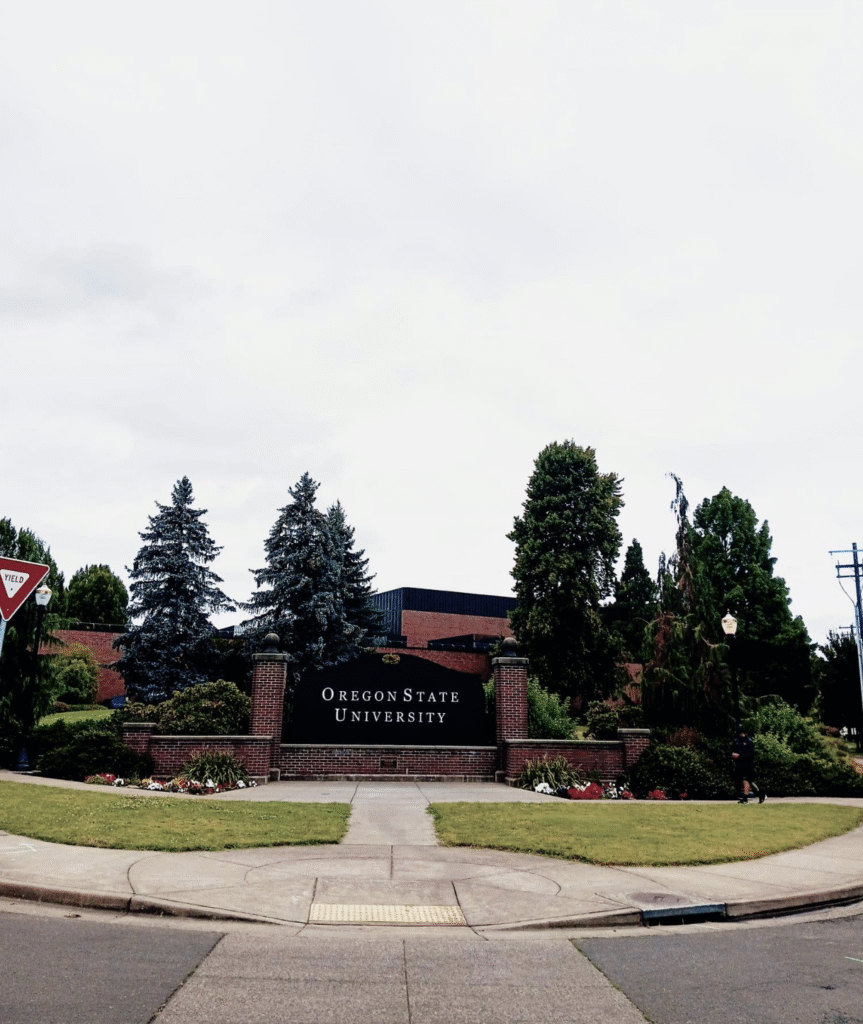
Can you tell us how the Branching Borders program encouraged professional and personal
development?
This program helped me grow as a forestry researcher. I learned advanced field techniques, wood quality analysis, and long-term monitoring methods. I improved my data collection skills and my ability to work with experts from different backgrounds. Personally, the program helped me adapt to new environments, build confidence in my abilities, and develop stronger communication skills in a professional setting.
How has the College of Forestry and CoF International supported your educational goals
through this opportunity?
The College of Forestry and CoF International gave me the chance to join real-world forestry projects in the U.S. They provided access to research sites, expert guidance, and lab facilities. This experience directly supported my thesis work and expanded my knowledge of forest operations, timber assessment, and ecological monitoring. This opportunity has directly advanced my professional skills and broadened my understanding of forestry practices in the United States.
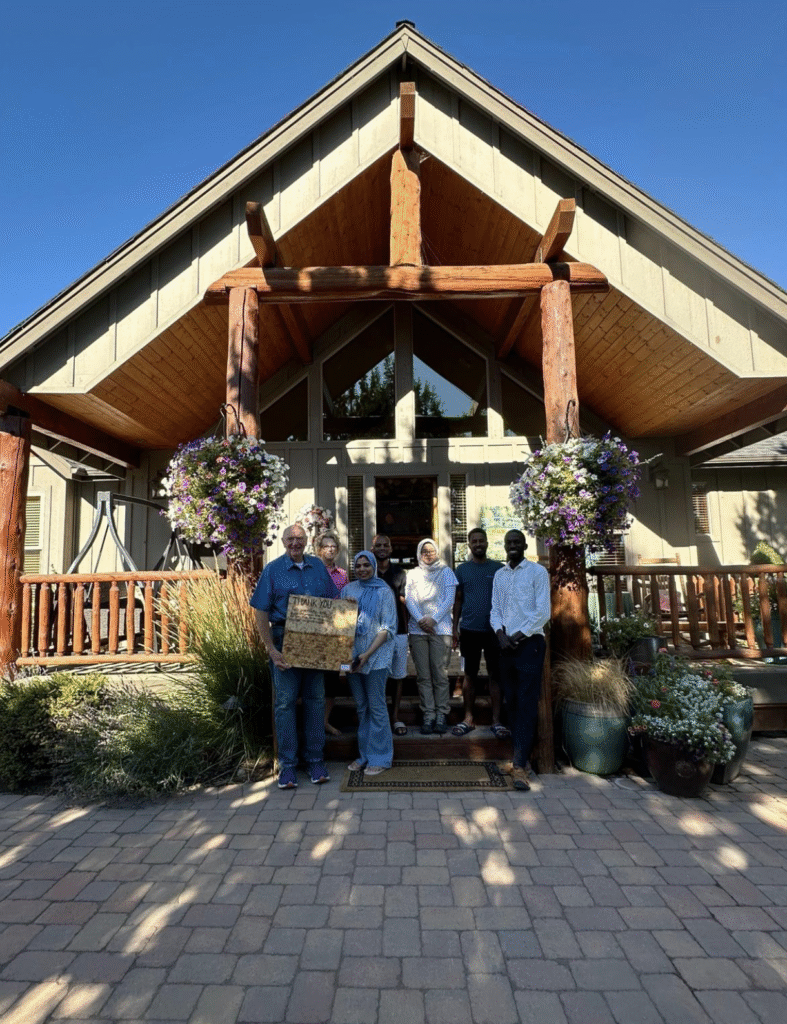
Have you done any personal travel before or after the internship?
Before this internship, I traveled to Italy, Spain, Austria, Slovakia, Hungary, and Poland. During my internship, I visited many sites in Oregon, including the Andrews Experimental Forest, the Sisters Mountain area, and the Oregon coast. These trips helped me see how different ecosystems respond to climate, fire, and human activities.
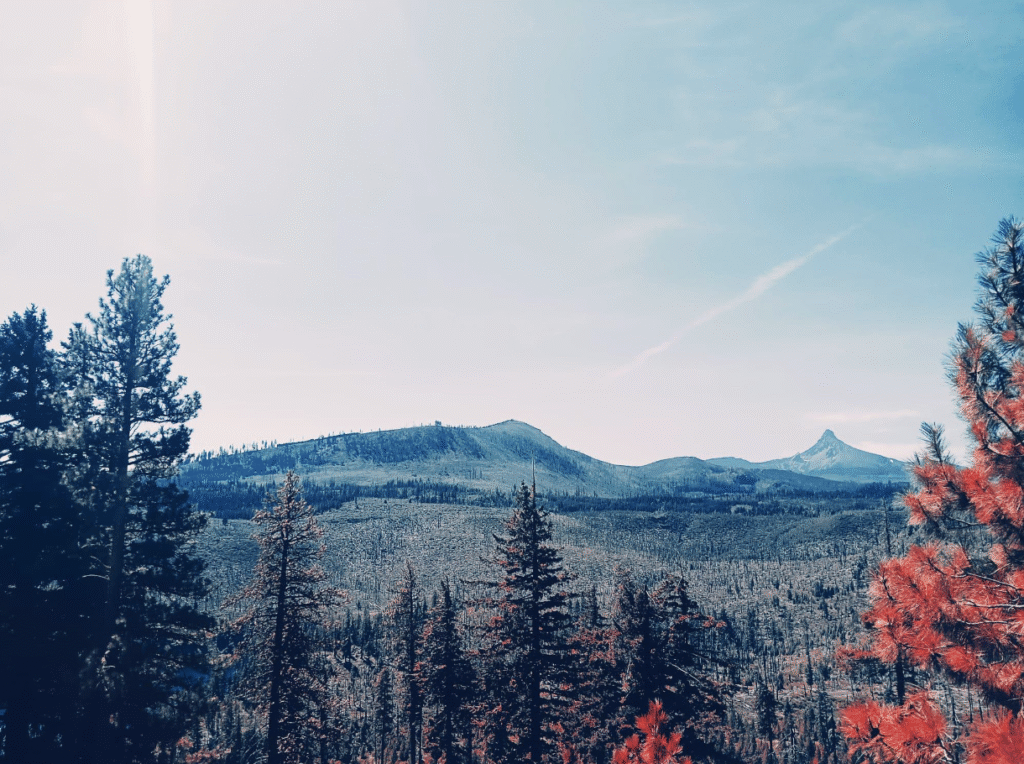
What were the highlights from your internship so far?
Visiting burn sites and observing forest recovery. Working with PhD student Zack (Tzu-I Liao) at the Oak Creek Building, sanding lumber samples for wood quality experiments under Prof. Woodam Chung. Joining a field trip to the Andrews Experimental Forest with Prof. Mark Harmon and Prof. Jacob Bukoski, where we retagged and measured 40-year-old decomposing logs and helped with trail clearing. Taking part in a field trip to Starker Forest with Prof. Chung, Brett Morrissette, and Tae Hyung Kim to measure logs for knot detection and timber quality assessment. These activities gave me valuable skills in both forest operations and long-term ecological research. These activities strengthened my technical skills in forest operations, timber quality analysis, and long-term ecological research. They also gave me a deeper respect for the patience and dedication behind forestry science.
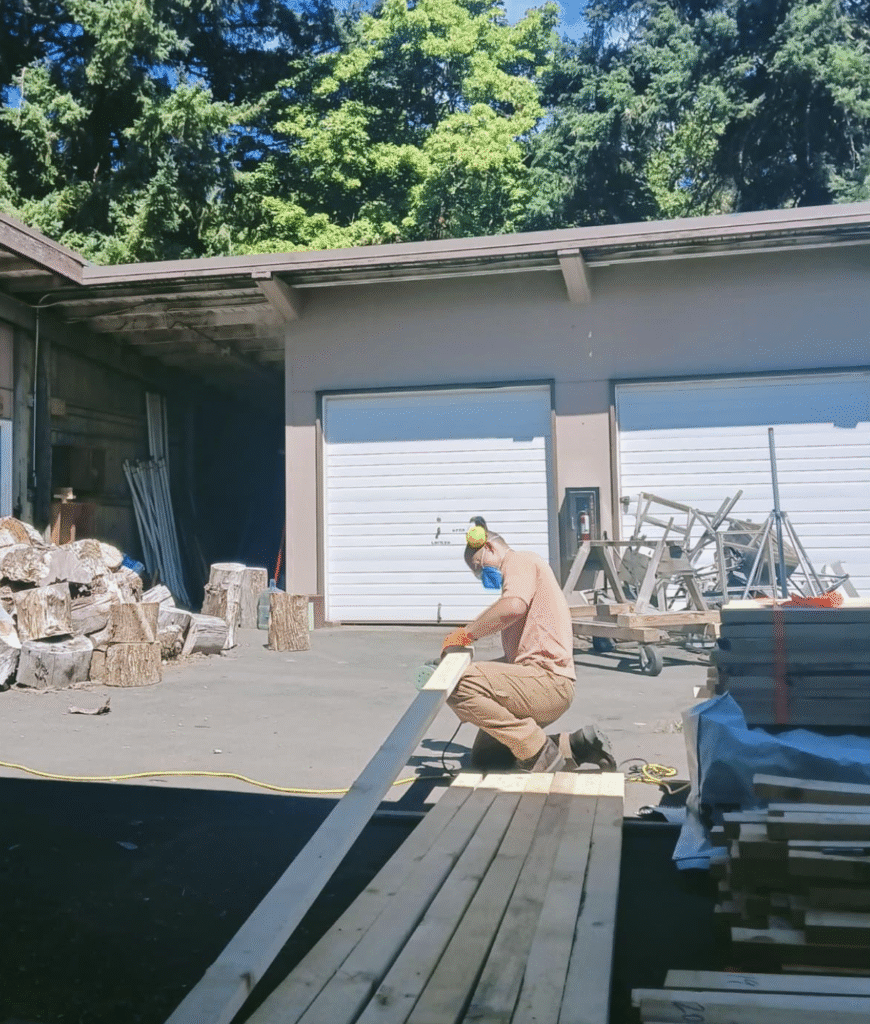
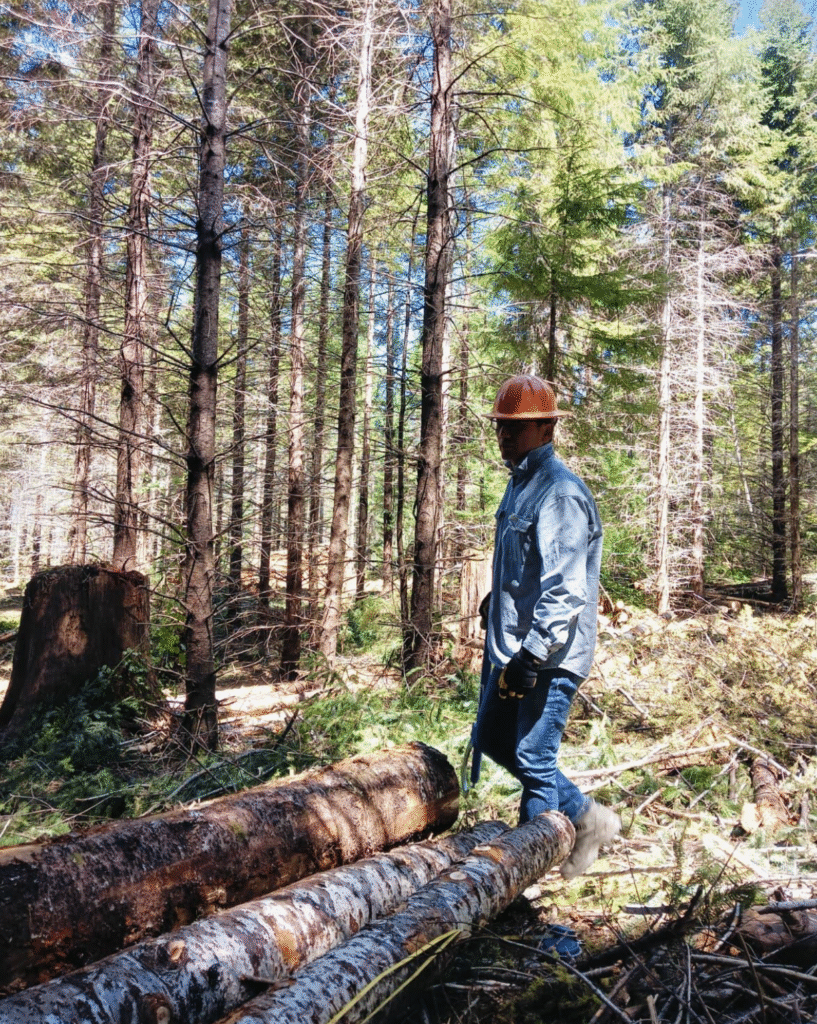
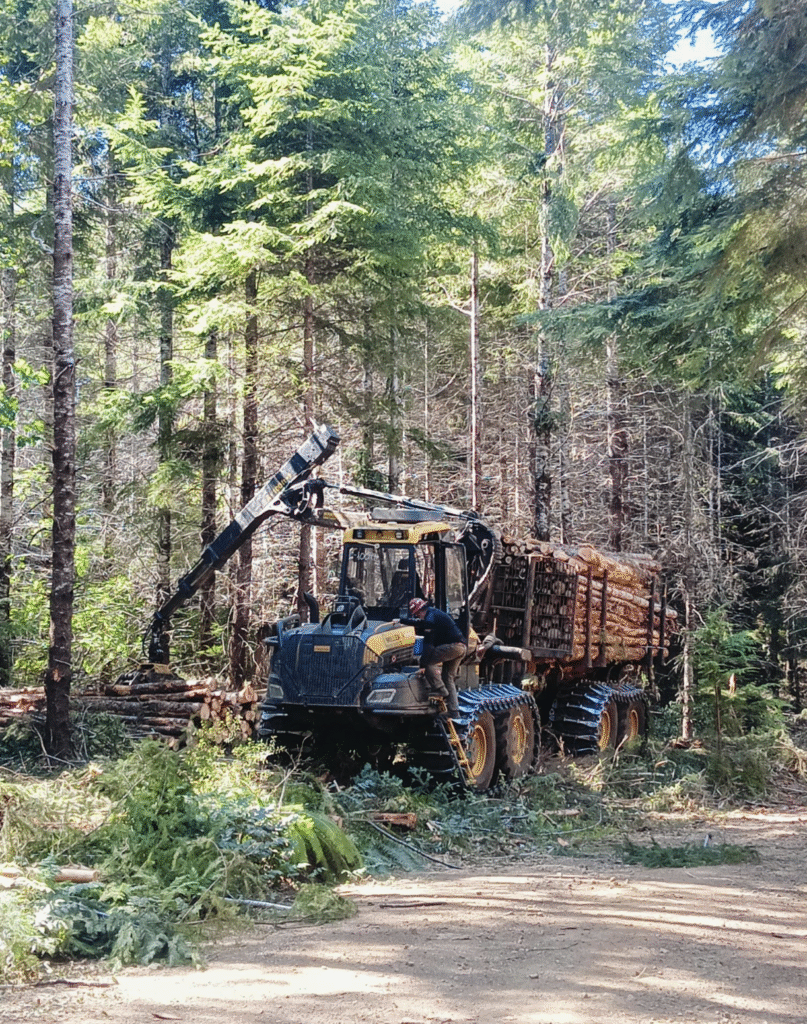
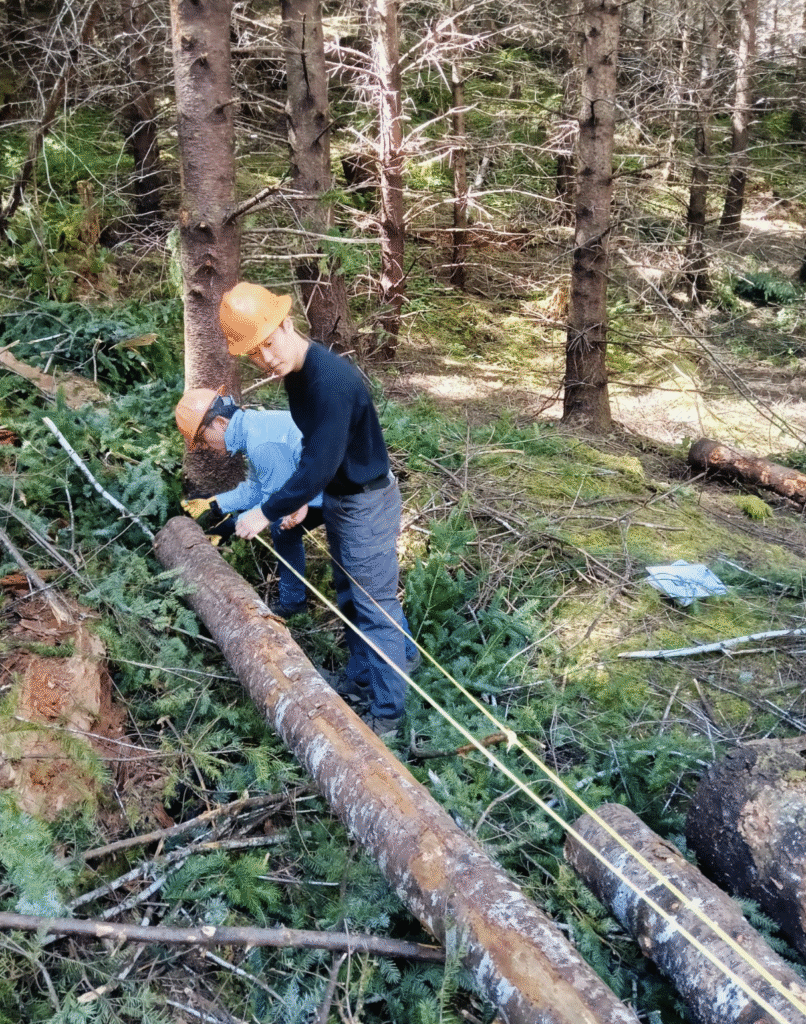

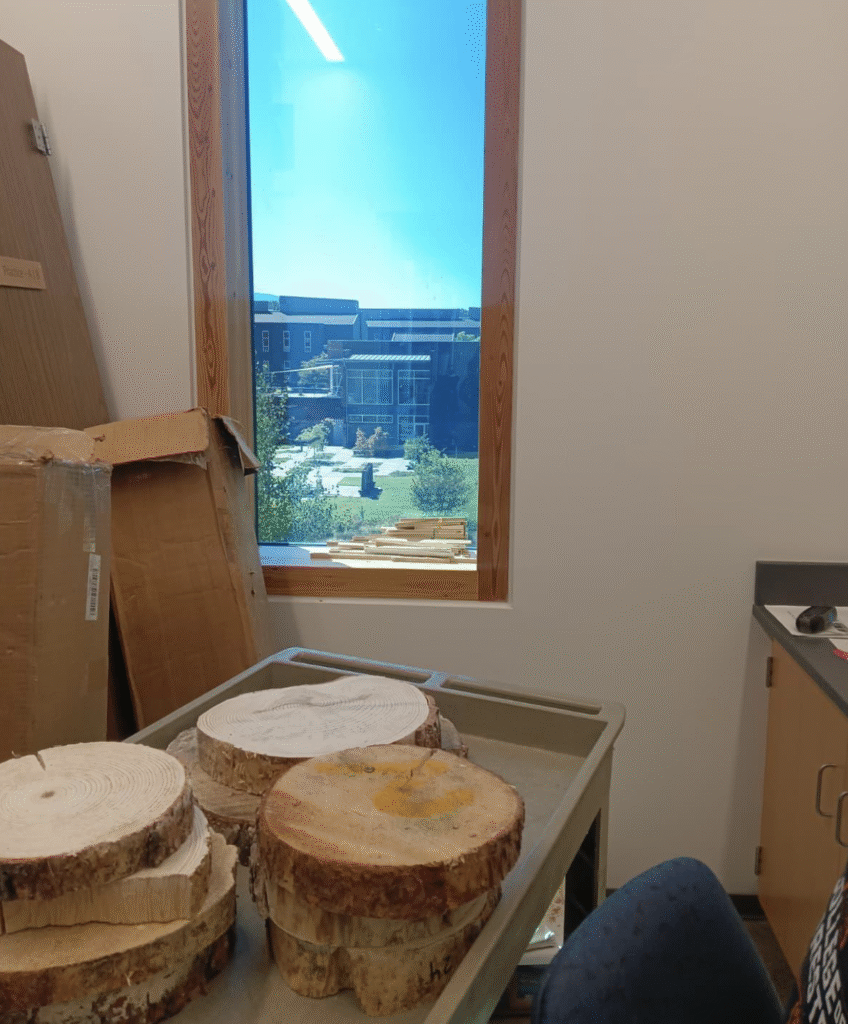
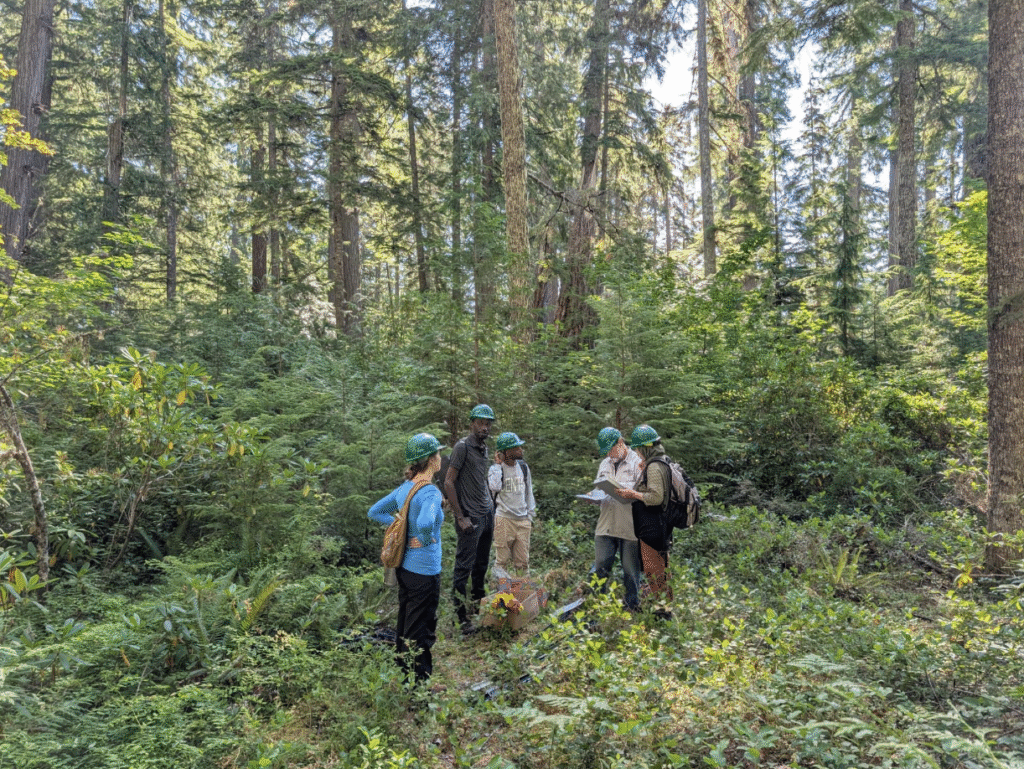

If you could give advice for other international students interested in this experience, what would
you say?
Be open to new experiences. Ask questions and learn from others. Take part in as many field activities as you can. Enjoying the nature around you is part of the learning. This internship didn’t just improve my skills, it made my passion for forestry stronger. I hope to use what I have learned here to contribute to sustainable forest management and climate resilience in different parts of the world.

